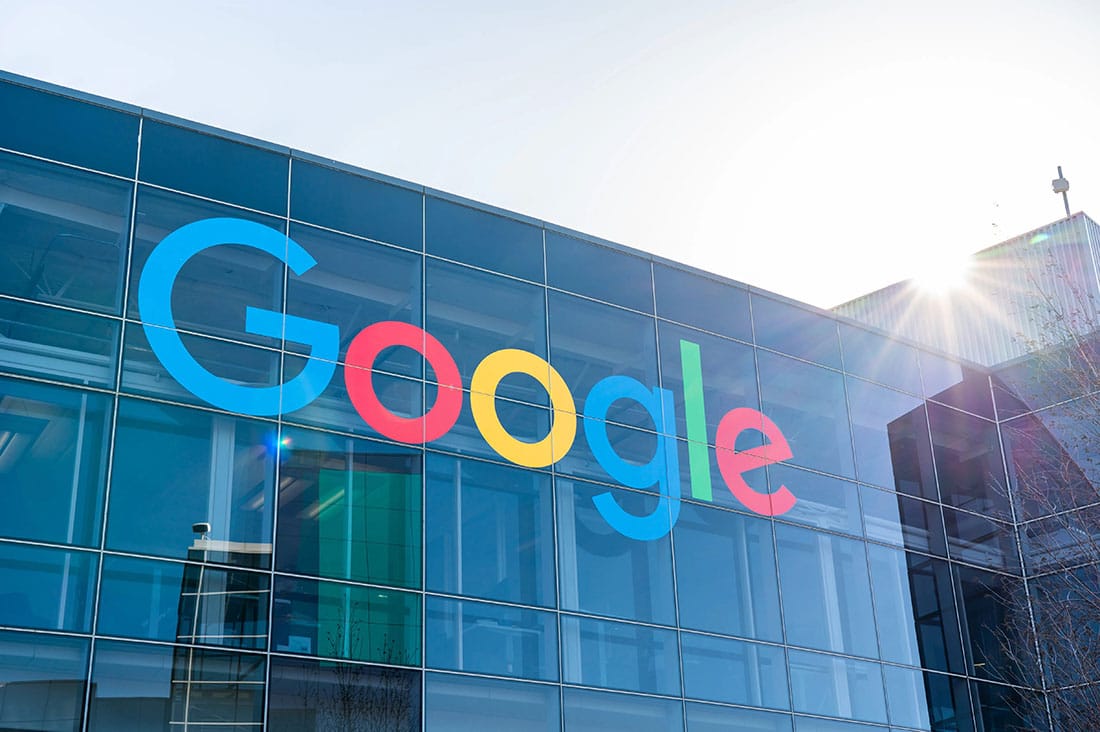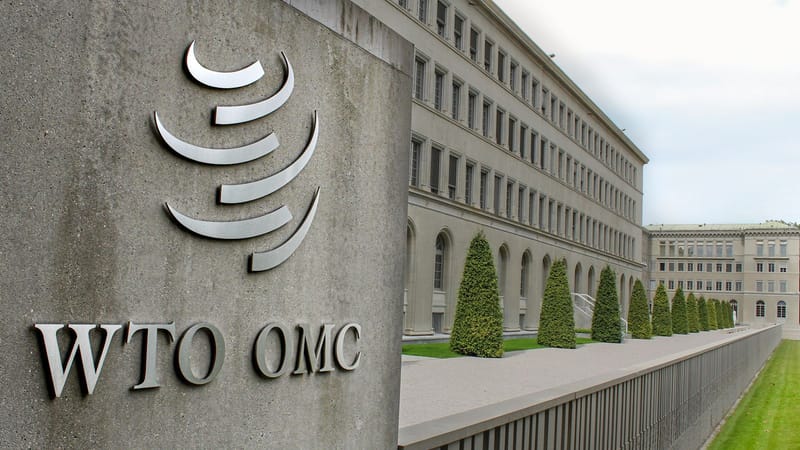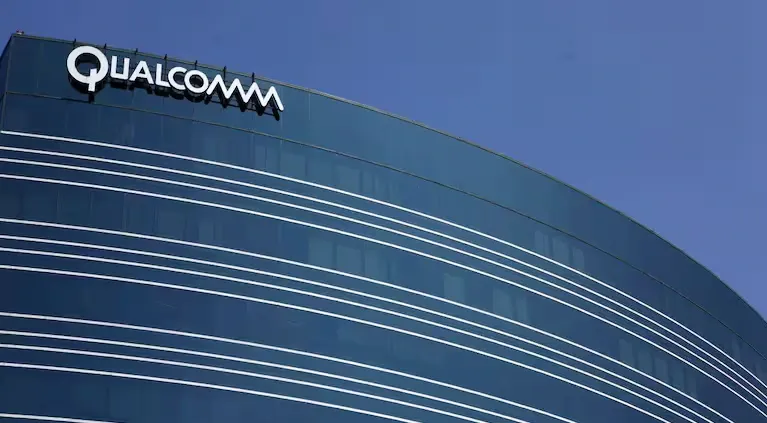Google's Search Engine Monopoly Faces Scrutiny: DOJ Closes High-Stakes Antitrust Case
The DOJ Takes on Google: How a Landmark Antitrust Case Could Challenge the Tech Giant's Search Engine Dominance, Reshape the Digital Advertising Industry, and Set a New Precedent for Regulating Big Tech
Google’s dominance as the world’s leading internet search engine is under intense scrutiny as the Justice Department (DOJ) and a coalition of states wrap up their arguments in a high-profile antitrust lawsuit. The central question: has Google maintained its preeminence through illegal monopolistic practices, or is it simply the best at what it does?
The Case Against Google
Justice Department lawyers argue that Google’s success is not merely a product of superior technology or consumer preference but the result of an illegal monopoly. Central to their argument is the $20 billion Google allegedly spends each year on contracts with companies like Apple to ensure that Google remains the default search engine on millions of smartphones and computers. These contracts, the DOJ contends, effectively lock out competition, stifling rivals such as Bing and Yahoo from gaining a foothold in the market.
In their closing arguments, DOJ lawyers drew parallels between Google’s practices and those of Microsoft two decades ago, which led to a landmark antitrust case. Ken Dintzer, a Justice Department lawyer, urged U.S. District Judge Amit Mehta to intervene and halt Google’s monopolistic behavior, which he claims is harmful not only to competitors but to consumers as well.
The government’s case also highlighted what it considers to be the artificially inflated advertising prices that Google’s dominance allows it to charge. According to DOJ attorney David Dahlquist, Google’s monopoly enables it to manipulate ad algorithms in ways that prioritize revenue over the quality of search results, ultimately leading to higher costs for advertisers and, eventually, consumers.
Moreover, the DOJ accuses Google of engaging in the “systemic destruction of documents” to hide evidence of its monopolistic practices. Trial evidence showed that Google’s lawyers advised employees to avoid saving work-related chats due to potential legal implications. The government is seeking sanctions, asking the judge to infer that the deleted chats would have been unfavorable to Google’s case.
Google's Defense: "Winning on the Merits"
Google, however, maintains that its success is not the result of any illegal conduct but rather due to its ability to deliver the best search experience. Google’s lawyer, John Schmidtlein, argued that punishing the company for "winning on the merits" would set a dangerous precedent. He emphasized that consumers choose Google because it consistently delivers the results they are looking for, not because they are forced to use it.
In response to the DOJ's focus on the $20 billion in contracts, Google contends that these agreements are not anticompetitive but rather reflect the company's commitment to providing the best service. Google pointed out that users can easily switch to other search engines if they prefer, a choice that millions of users exercise every day. The company further argued that it faces substantial competition from other platforms, such as Amazon for product searches, Airbnb for travel planning, and Yelp for restaurant recommendations.
Google also defended its document retention practices, with lawyer Colette Connor stating that the company's approach to preserving internal chats was reasonable given how such communication tools are typically used.
Schmidtlein also addressed the allegations regarding advertising practices, arguing that Google’s ad algorithms have improved over time, resulting in more effective and relevant ads for users. He pointed to evidence showing that the click-through rate on Google’s ads has increased from 10% to 30%, which he attributes to the company’s ongoing efforts to enhance the user experience.
The Judge’s Dilemma and What’s Next
Judge Amit Mehta now faces the complex task of determining whether Google’s business practices constitute an illegal monopoly. Throughout the trial, Mehta expressed skepticism about some of the government’s arguments, particularly regarding whether companies like Facebook and TikTok are true competitors to Google in the search market.
Mehta also questioned the relevance of social media companies as competitors, noting that while they can serve ads based on user interests, Google is unique in its ability to target ads directly in response to user queries, which he described as "declared intent."
The judge has not yet indicated when he will issue a ruling, but it could take several months. If he finds that Google violated antitrust laws, a "remedies" phase will follow to determine the appropriate actions to restore competition. The government has yet to specify what remedies it would seek, but potential outcomes could include imposing restrictions on Google’s business practices or even breaking up parts of its operations.
As the case awaits a ruling, it stands as a pivotal moment in the ongoing debate over the power and influence of Big Tech companies. The outcome could have far-reaching implications not just for Google, but for the broader technology landscape and how digital markets are regulated in the future.






